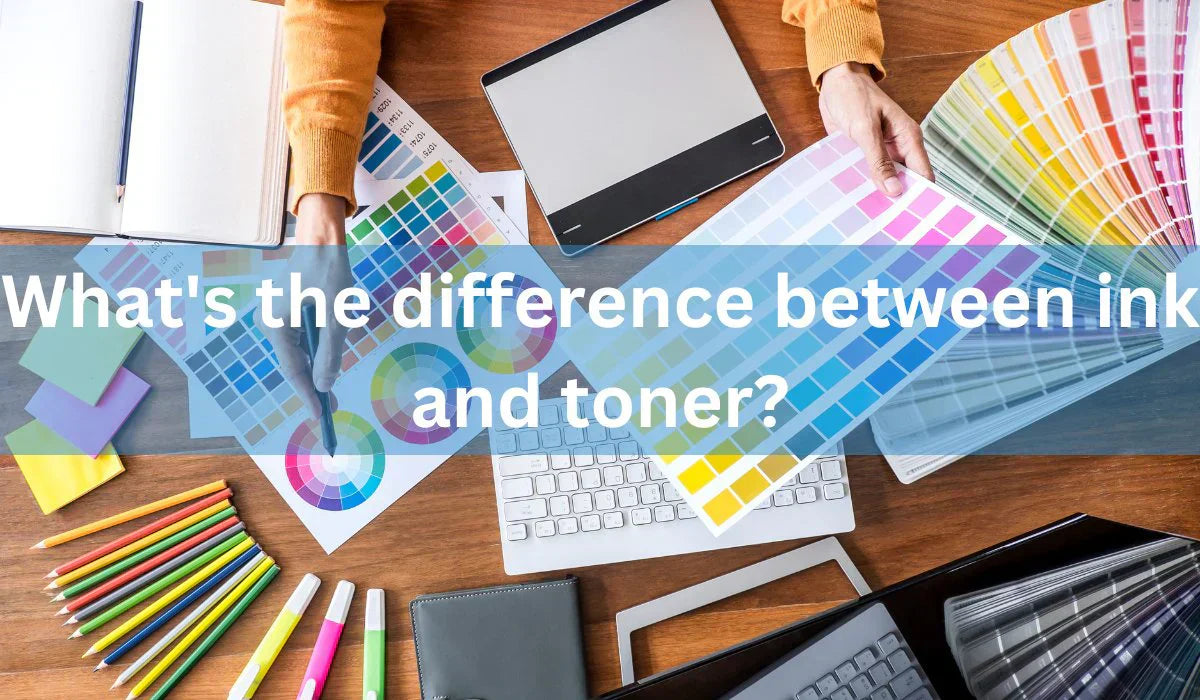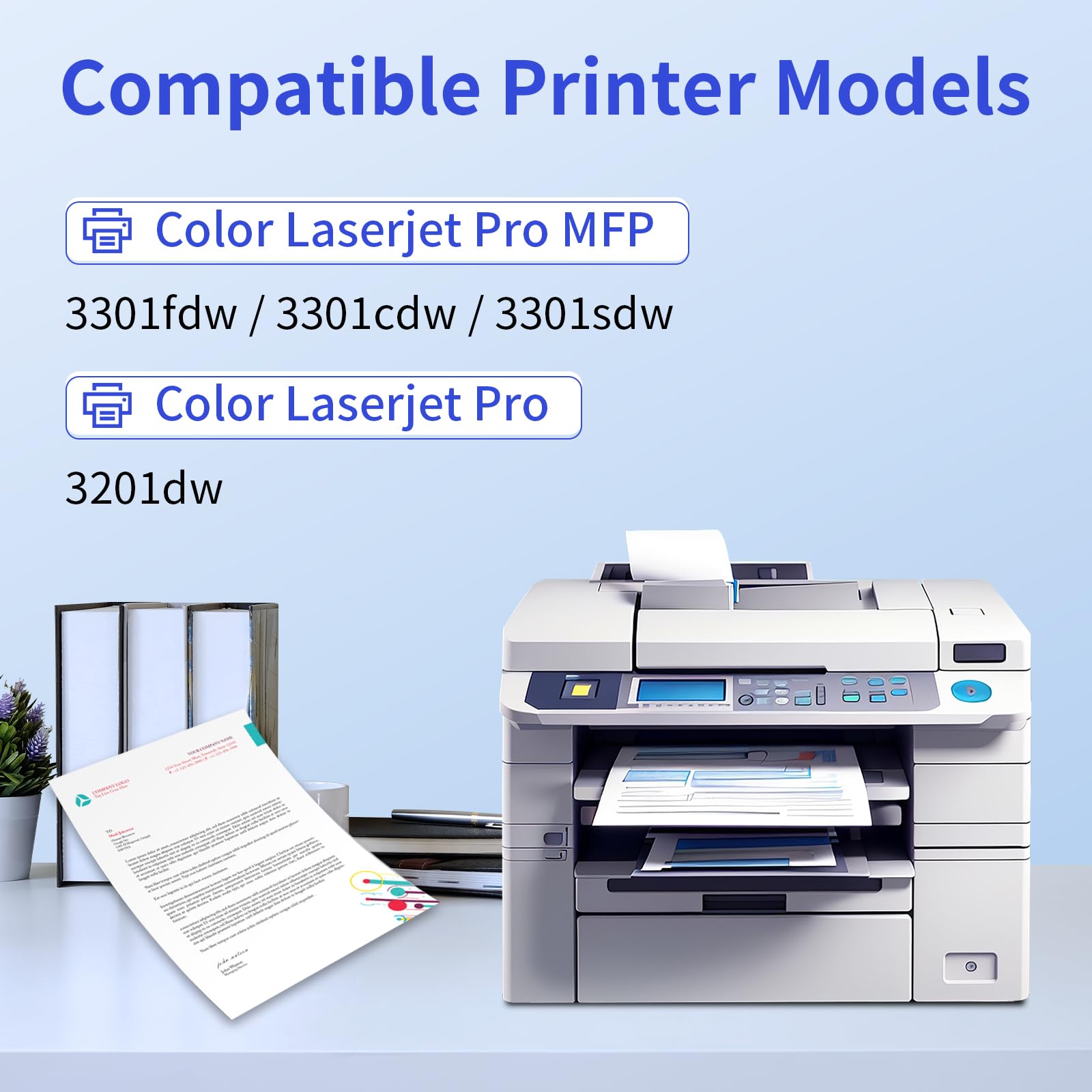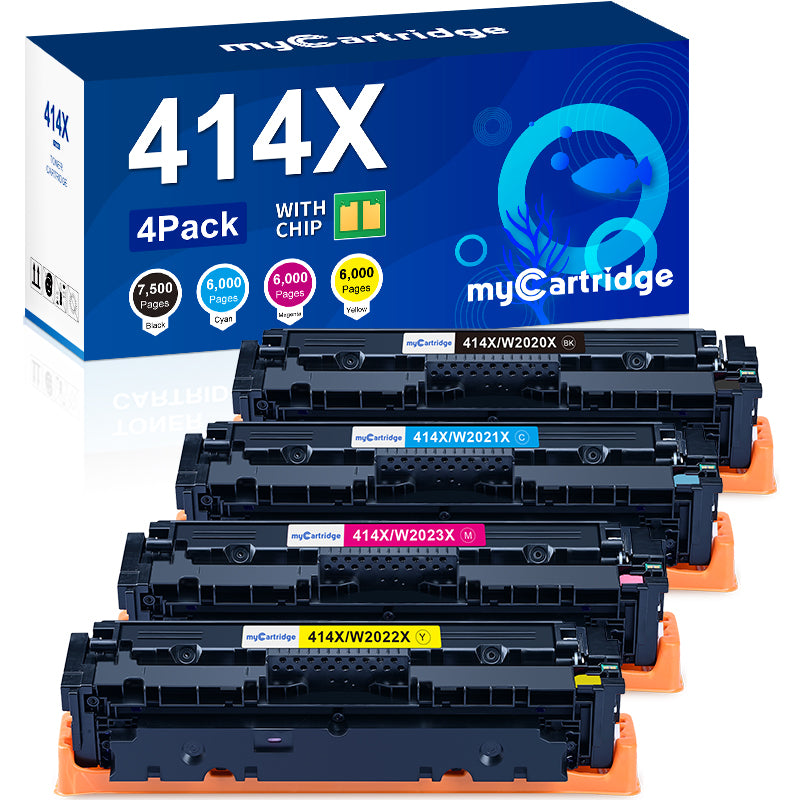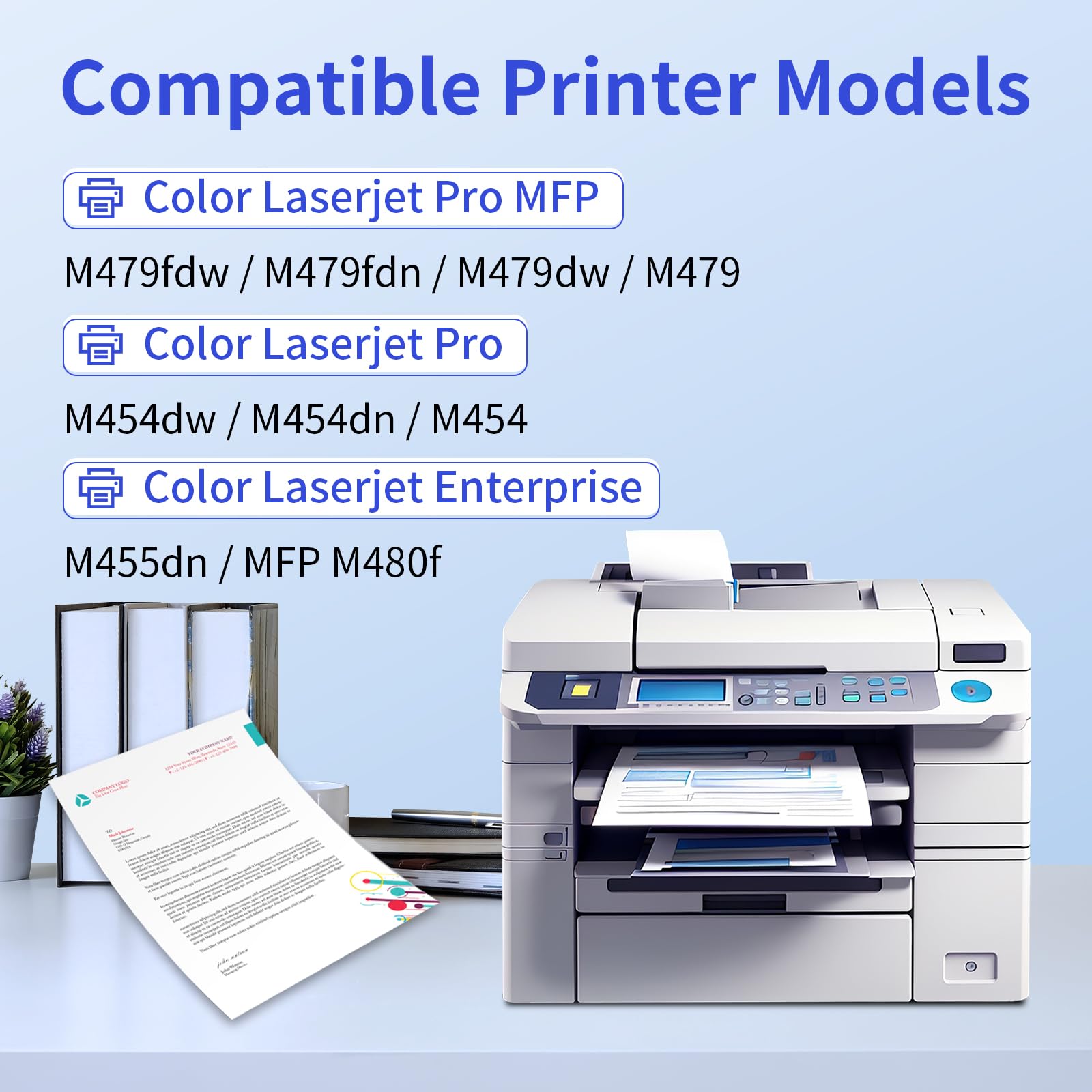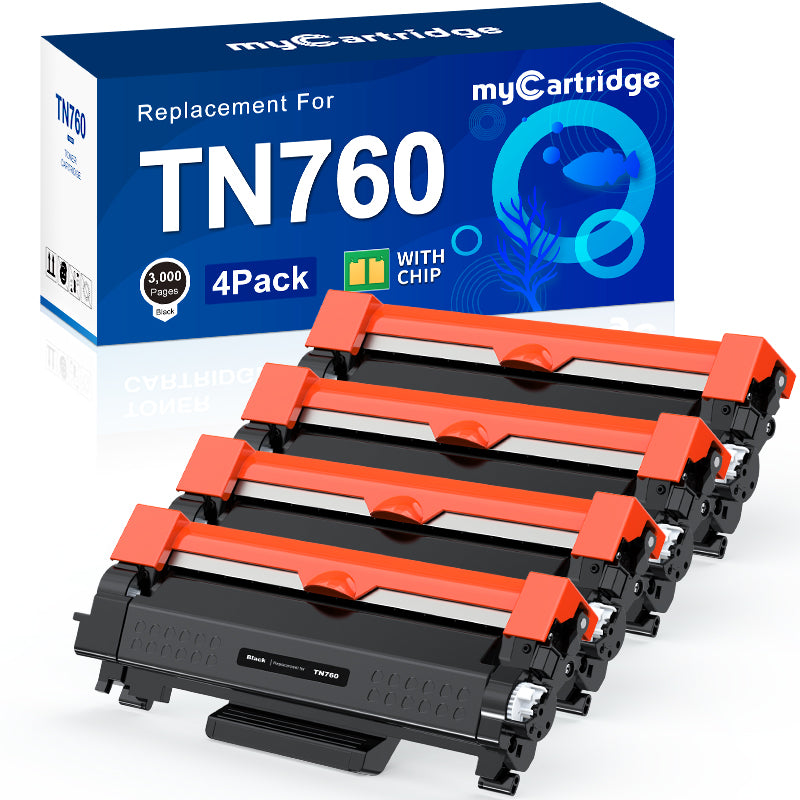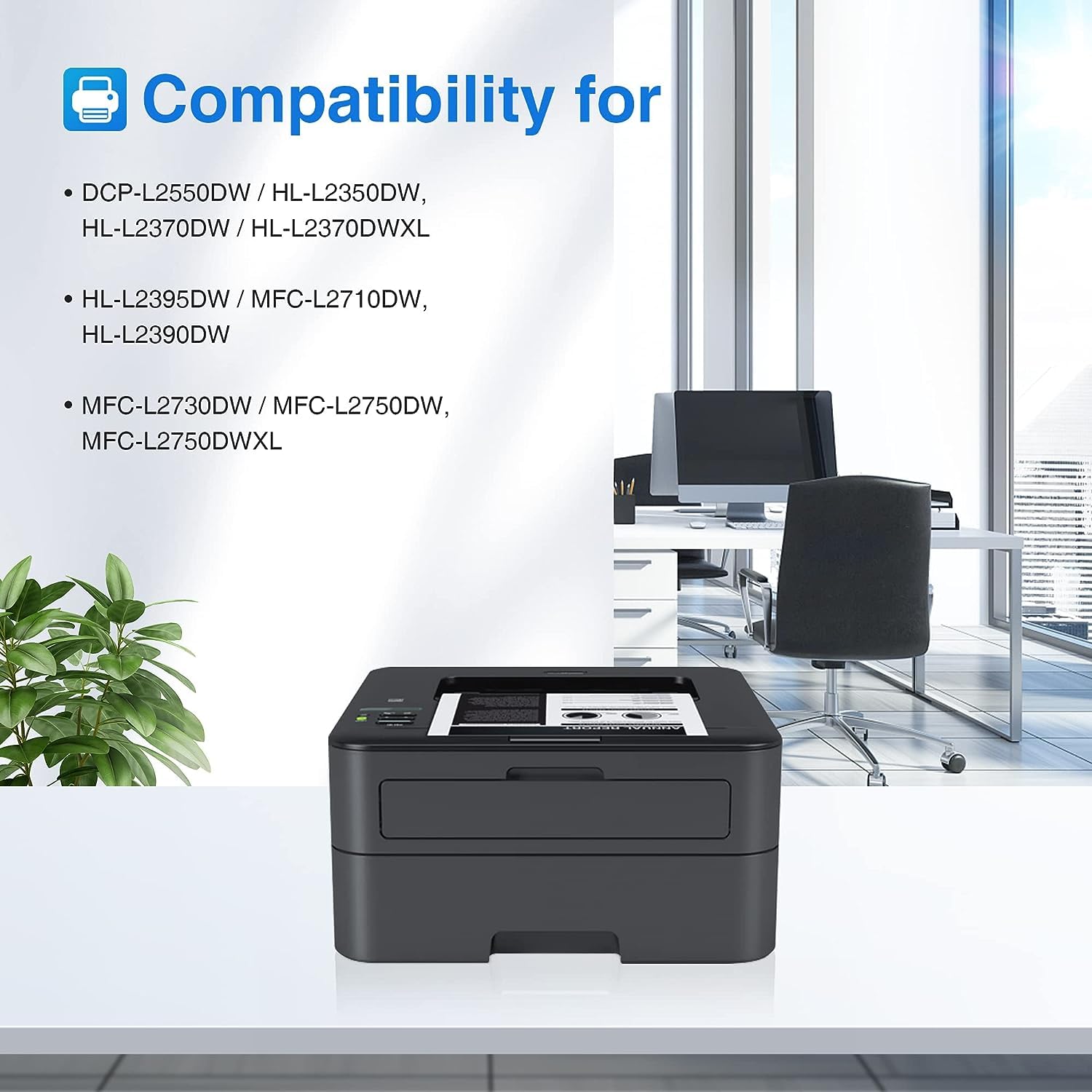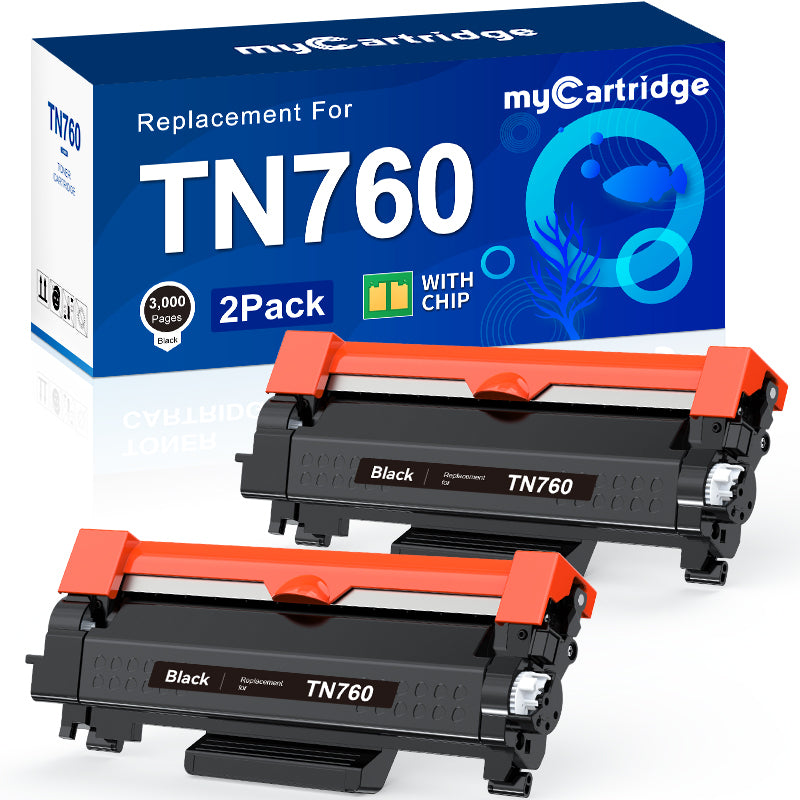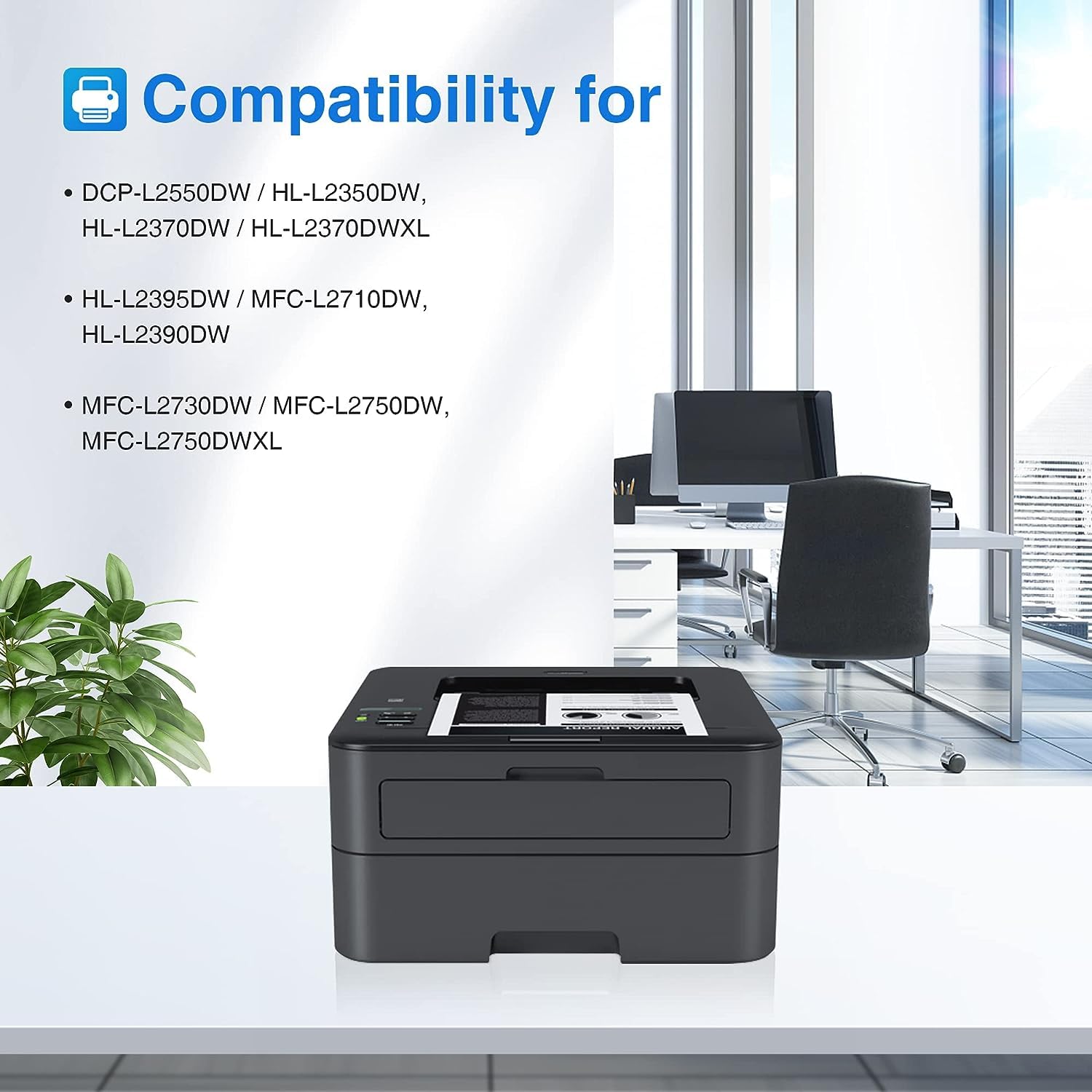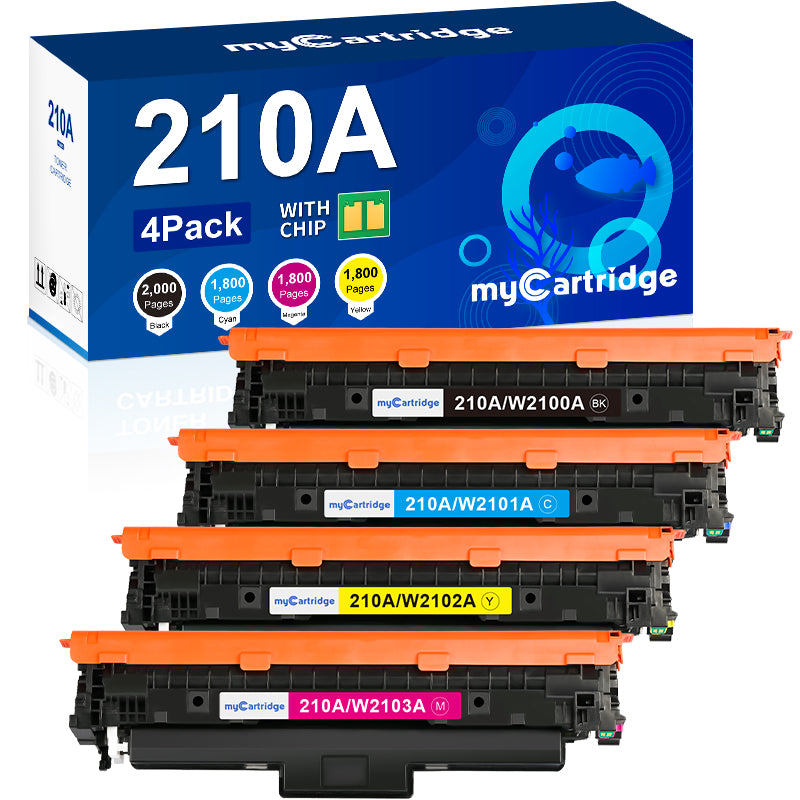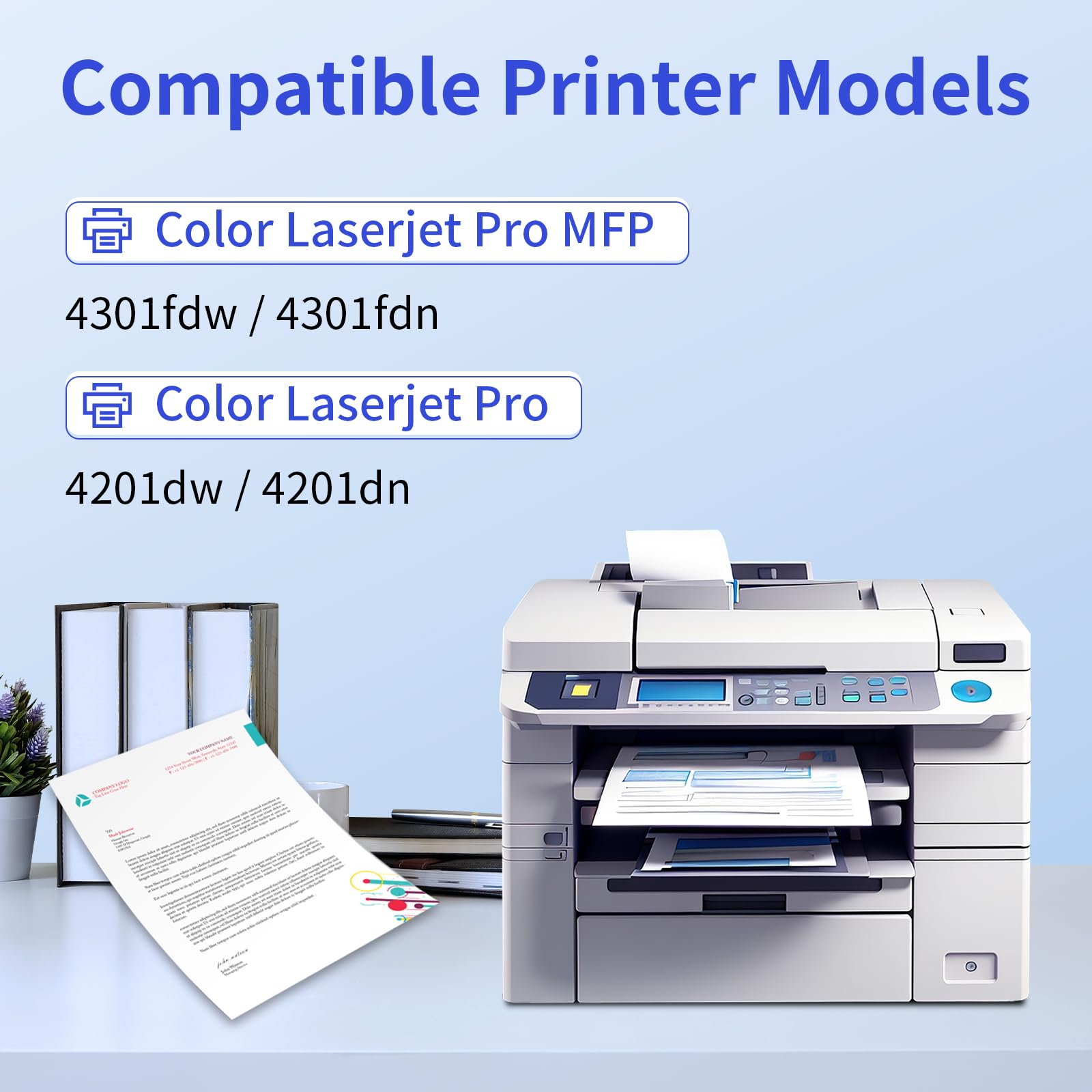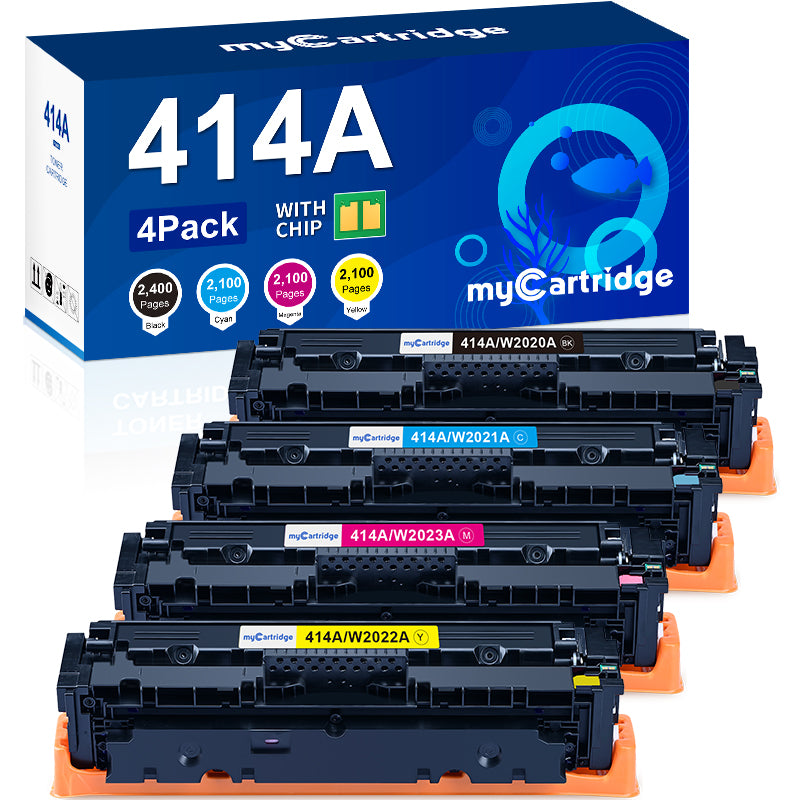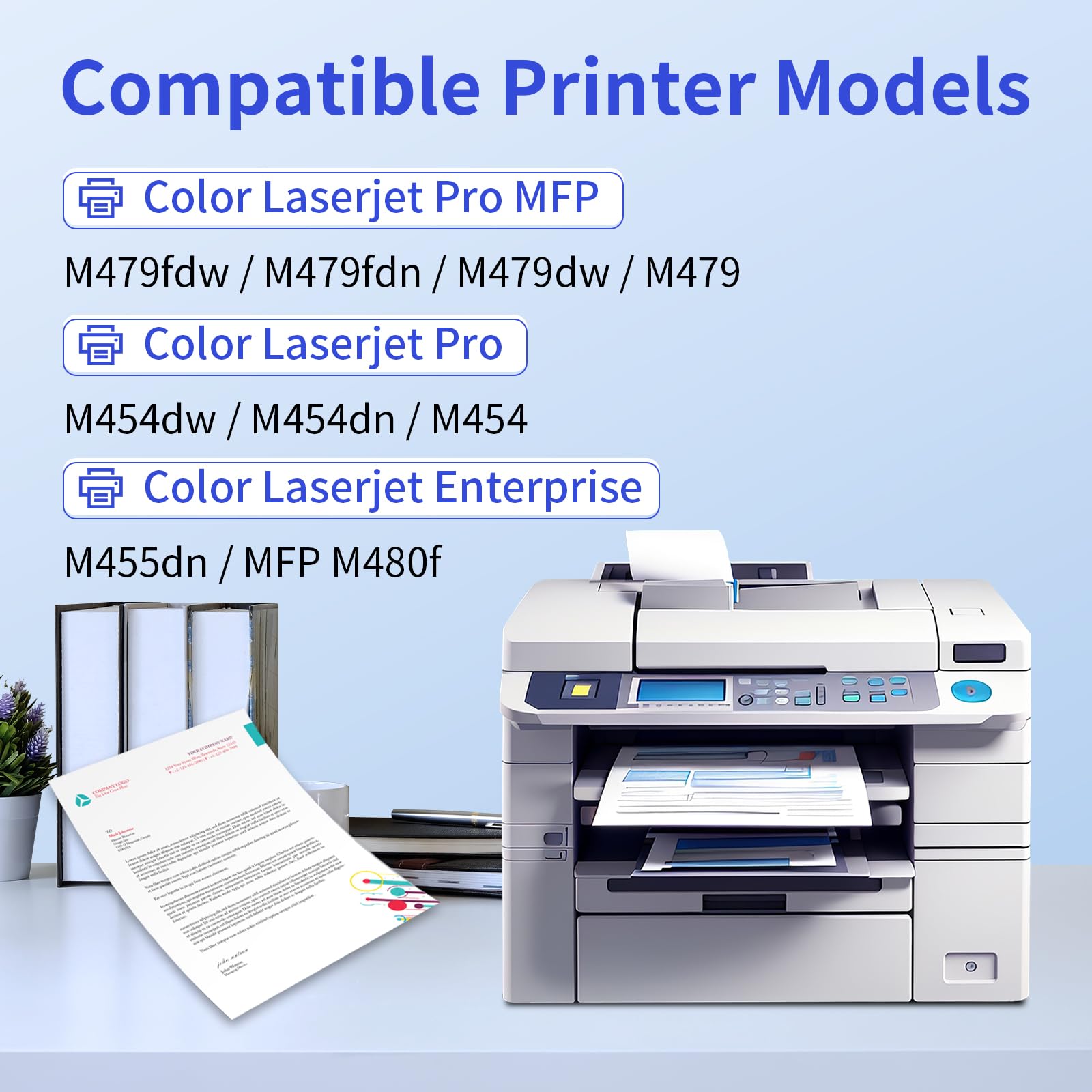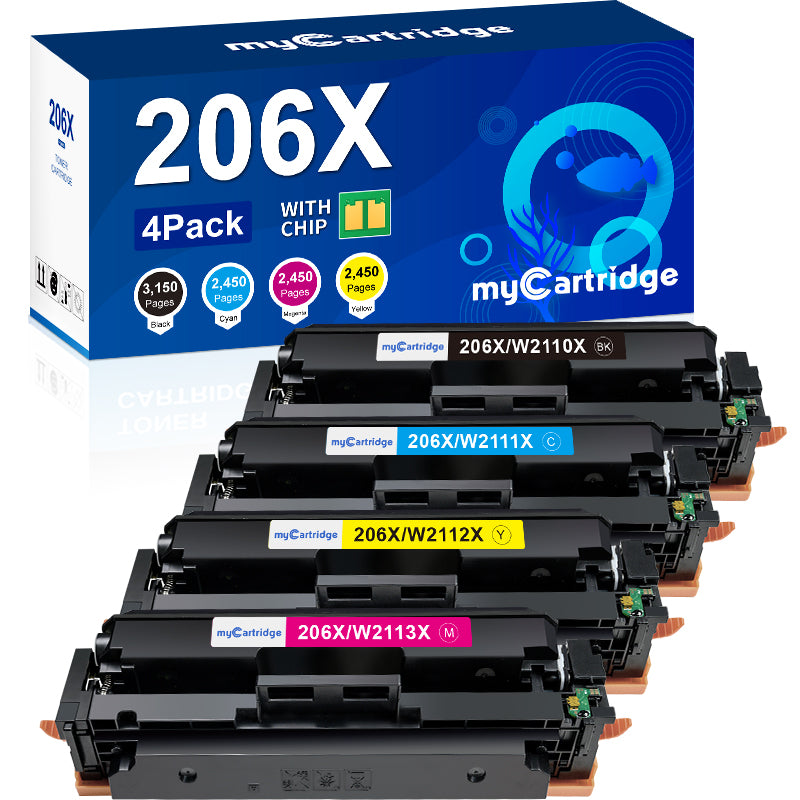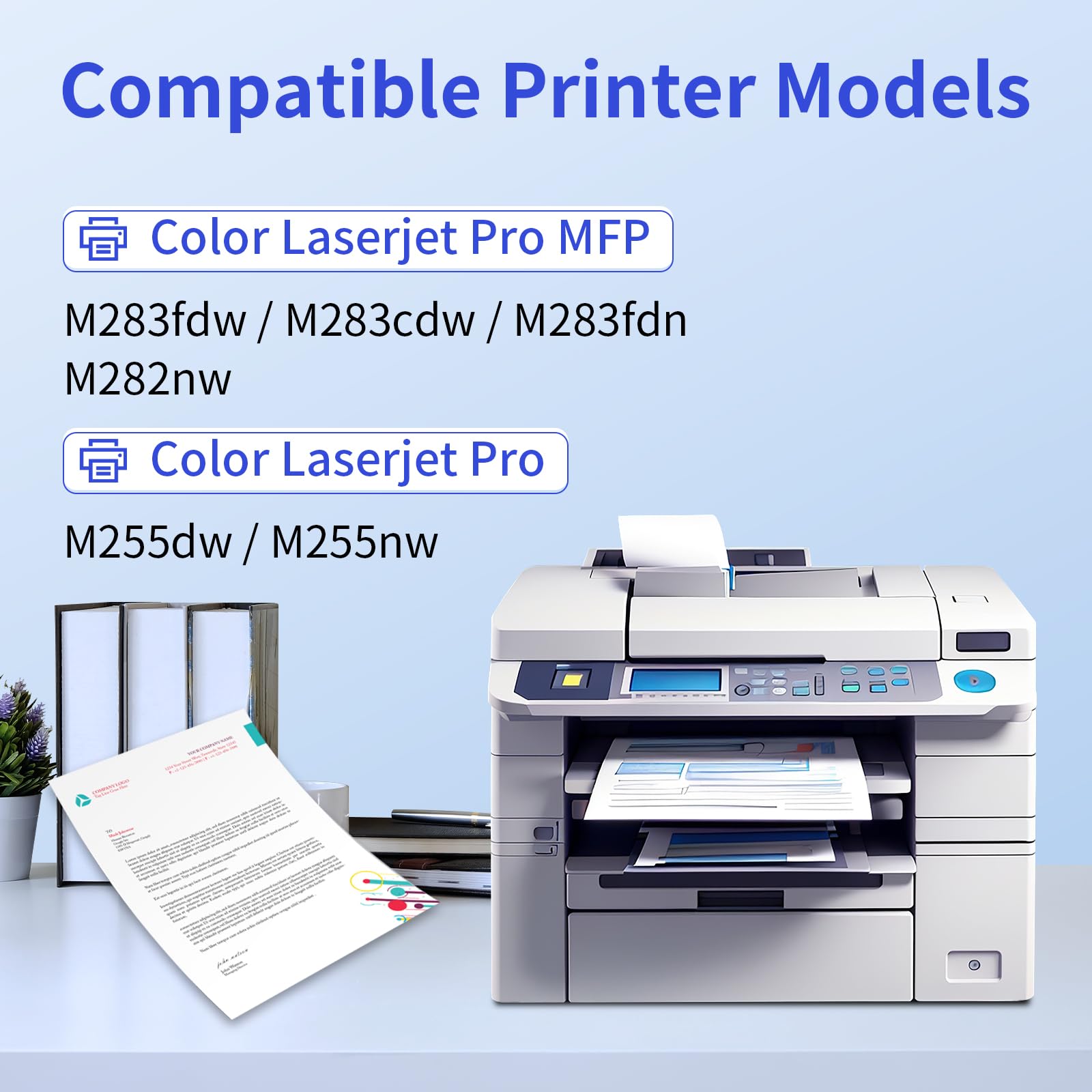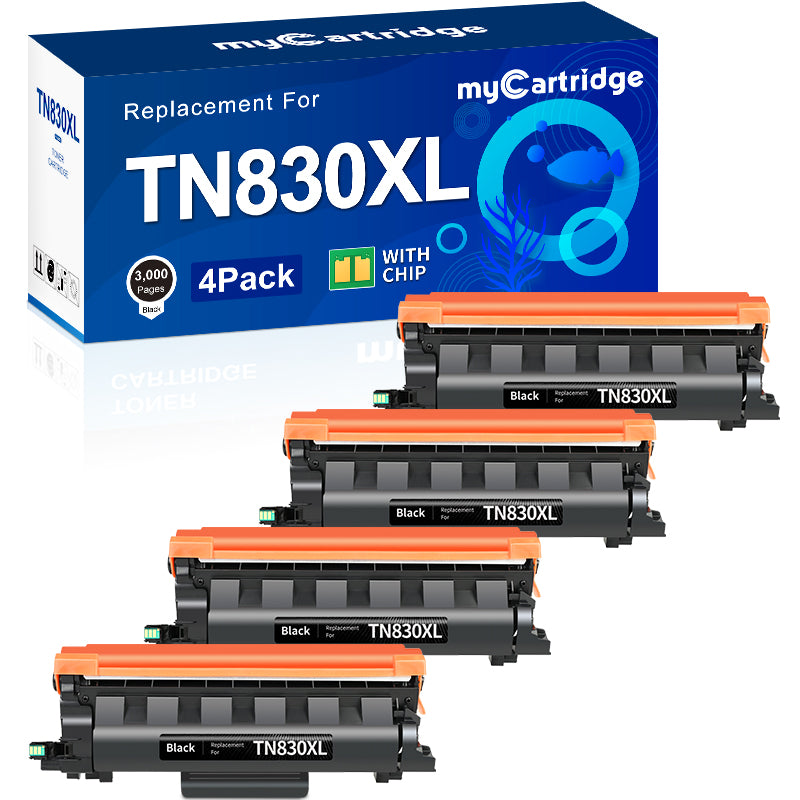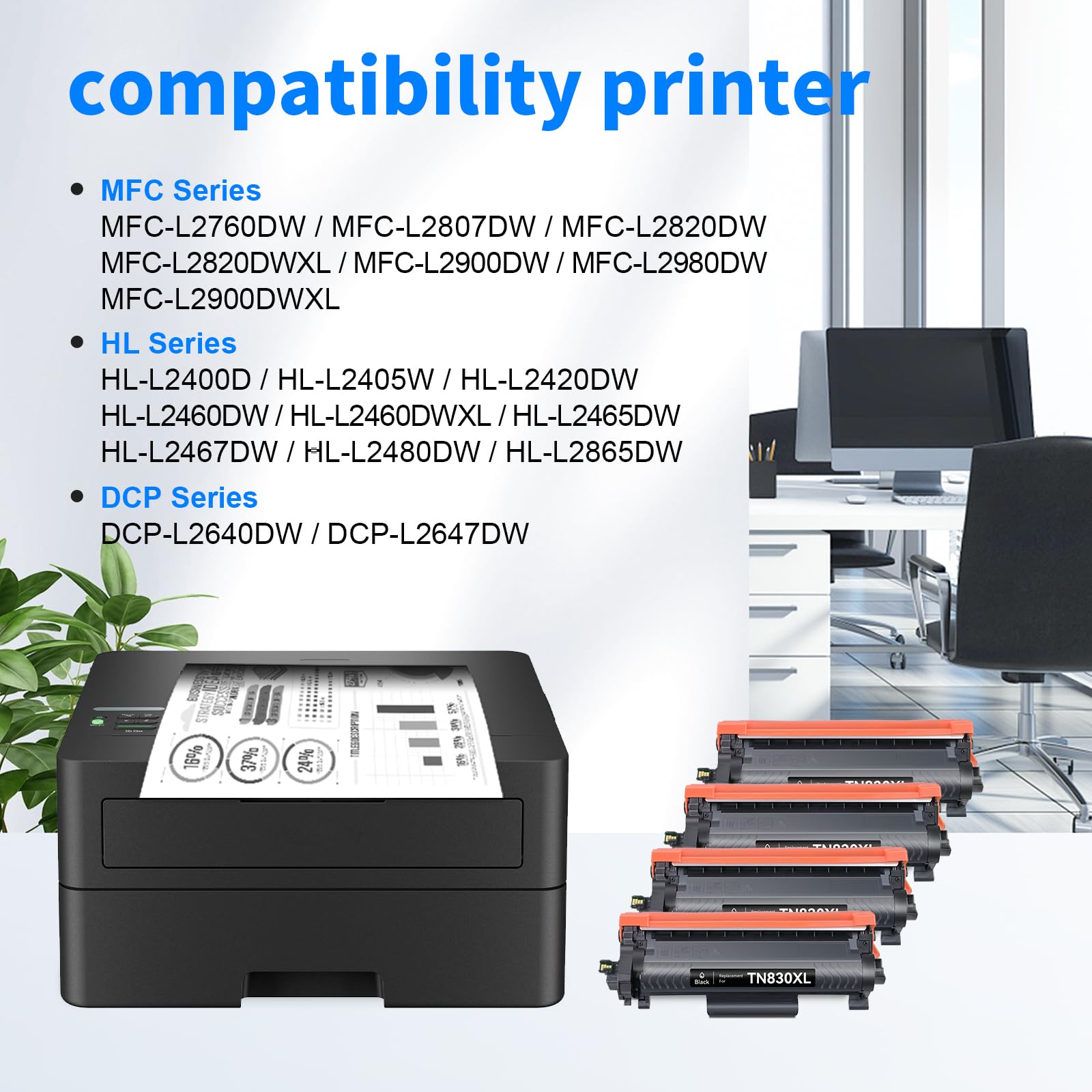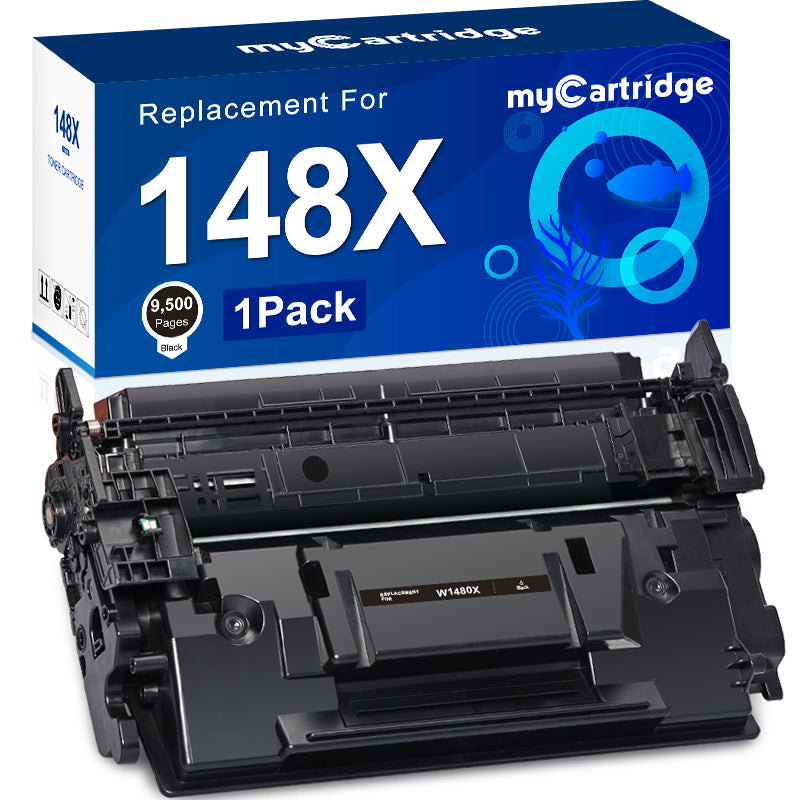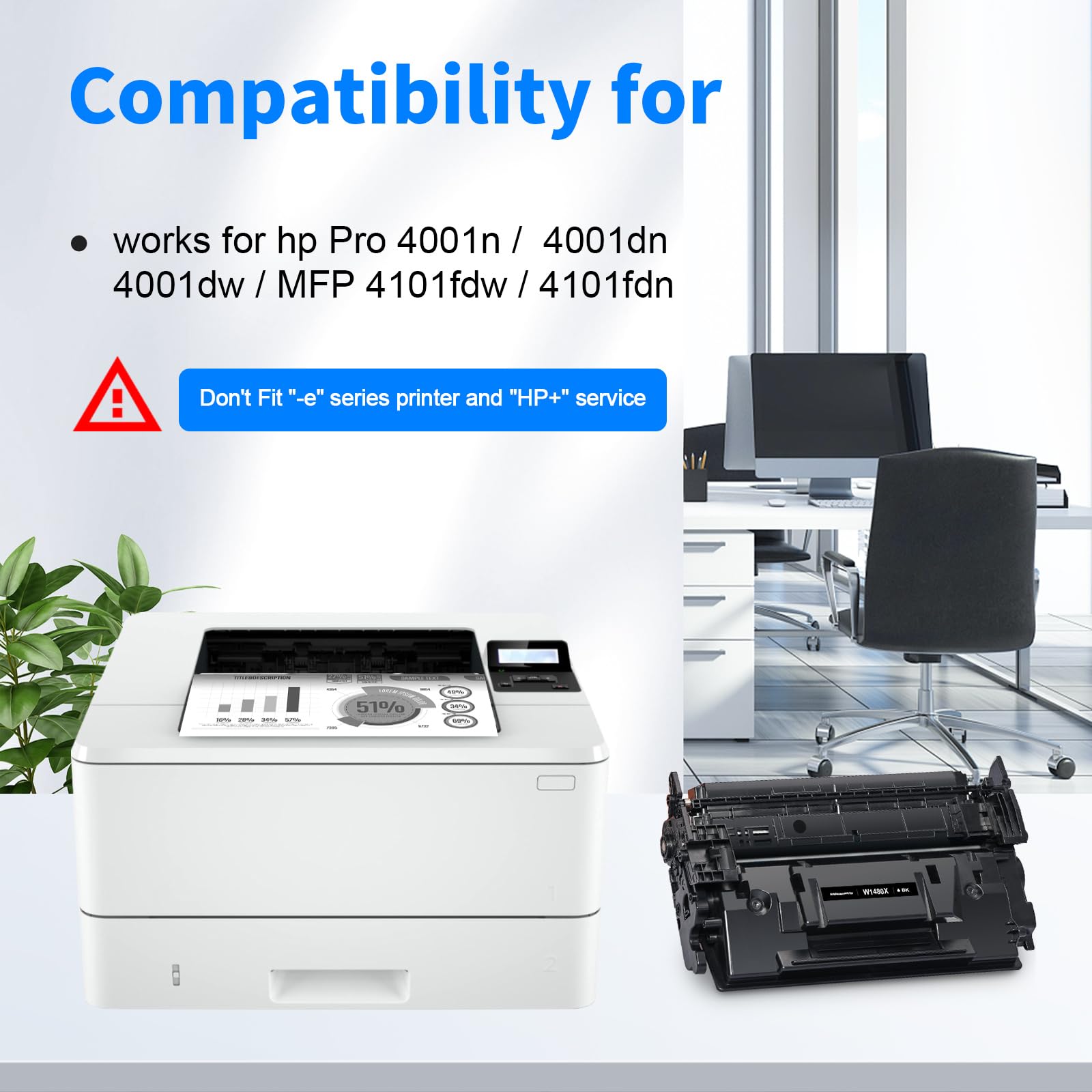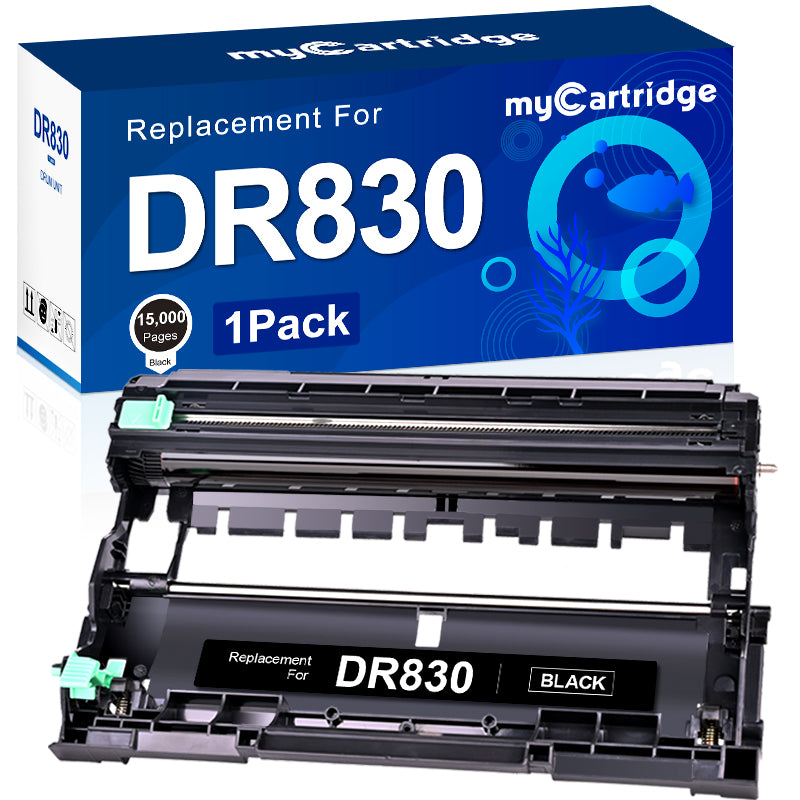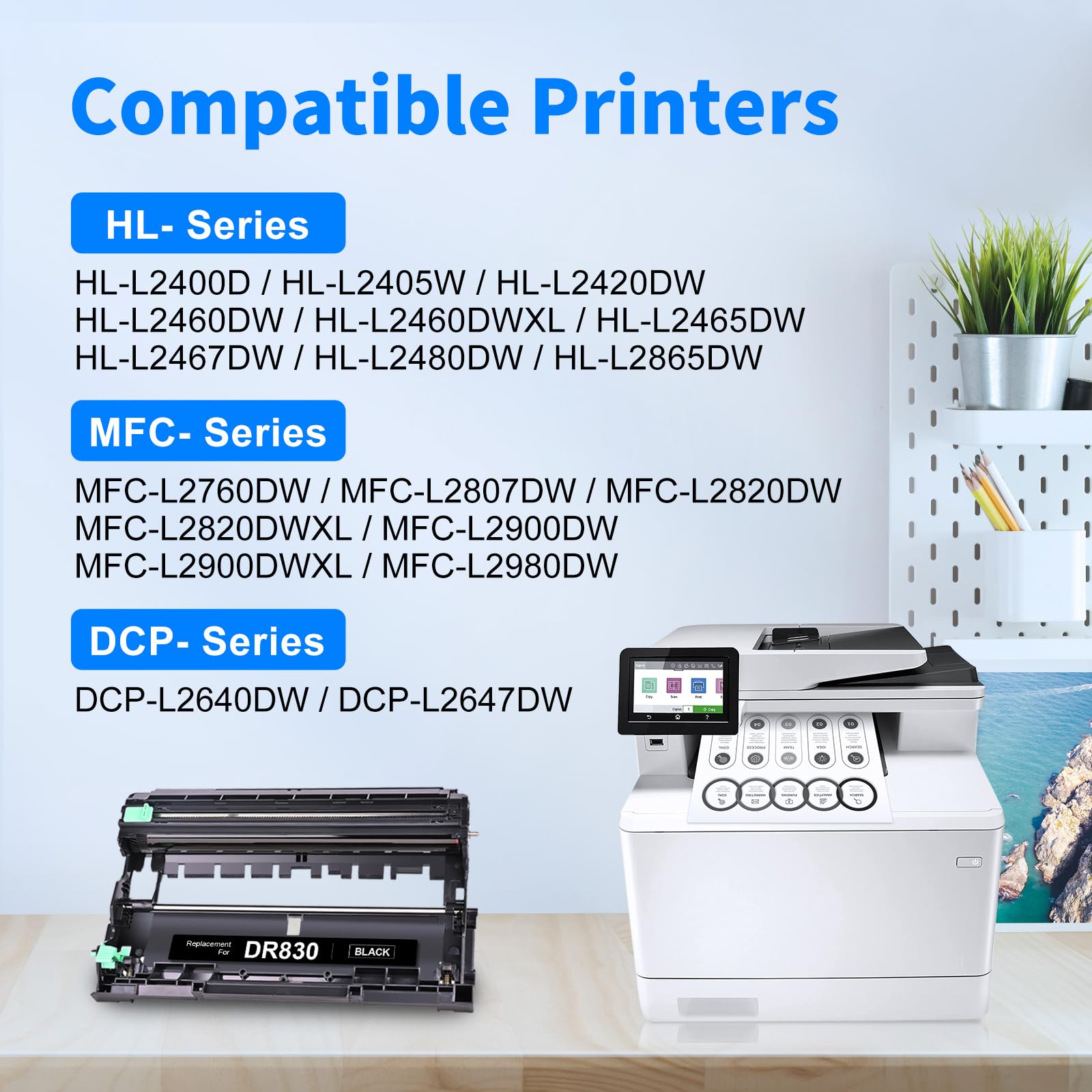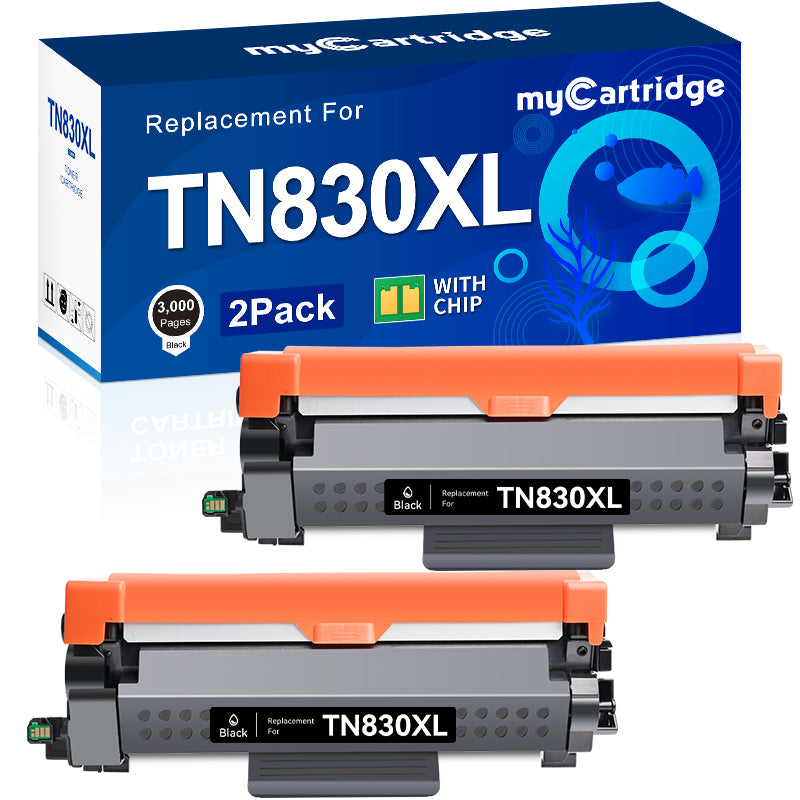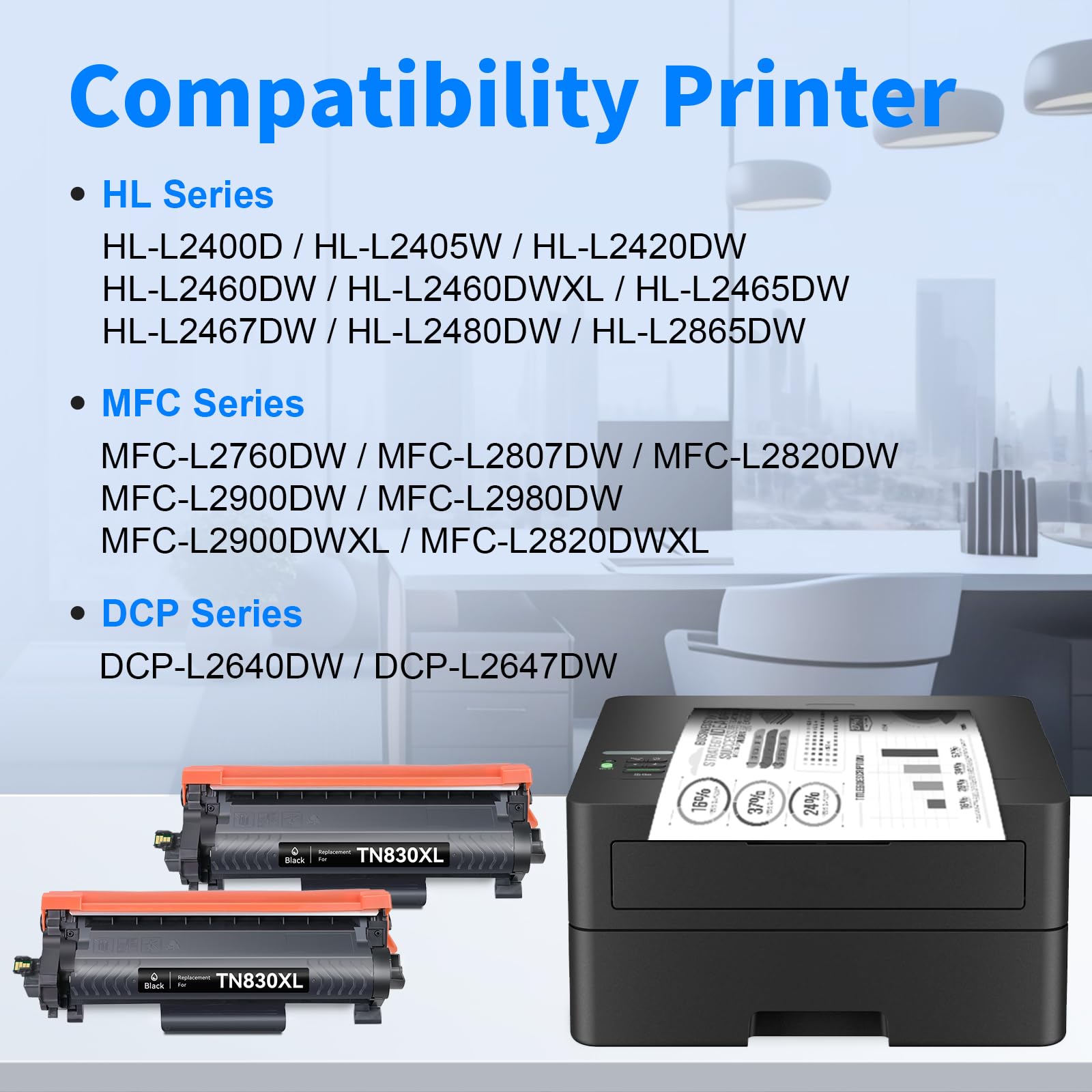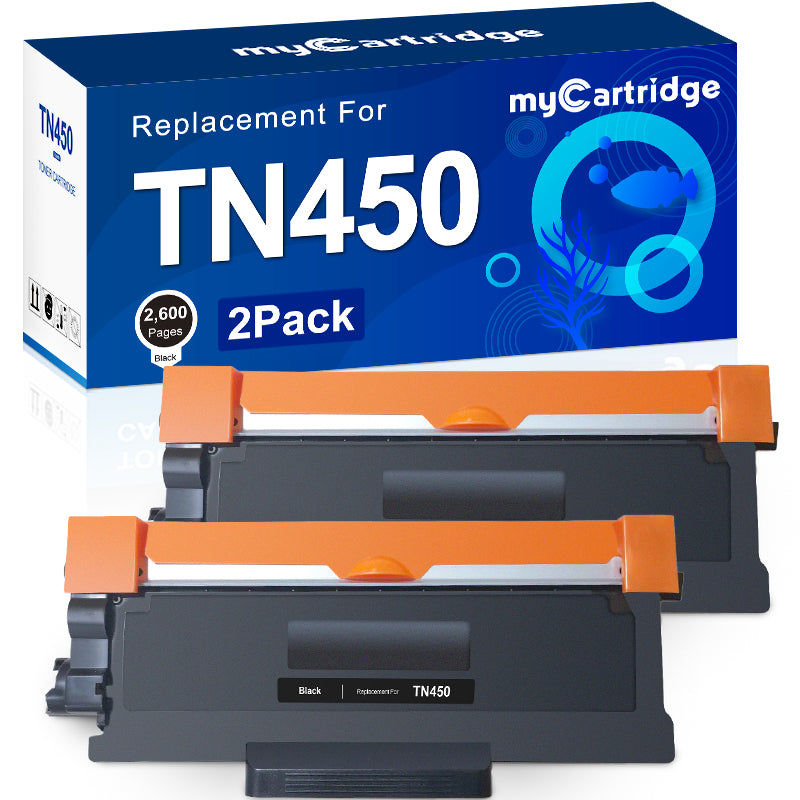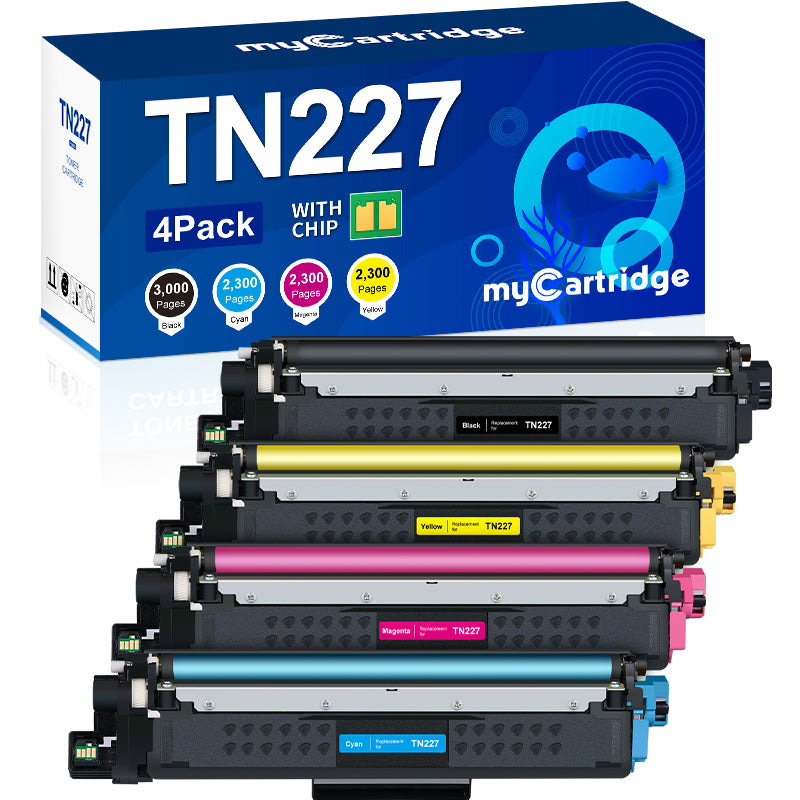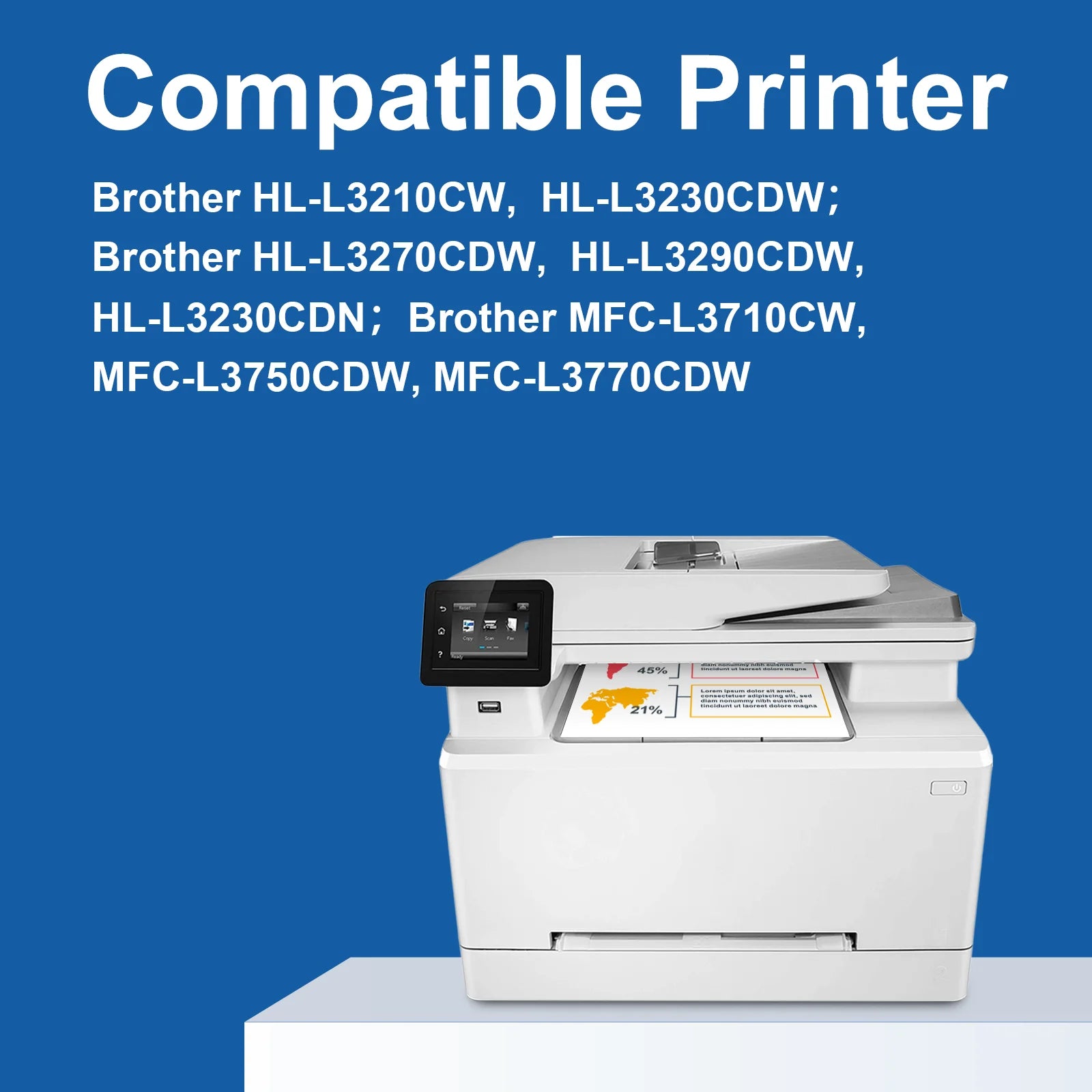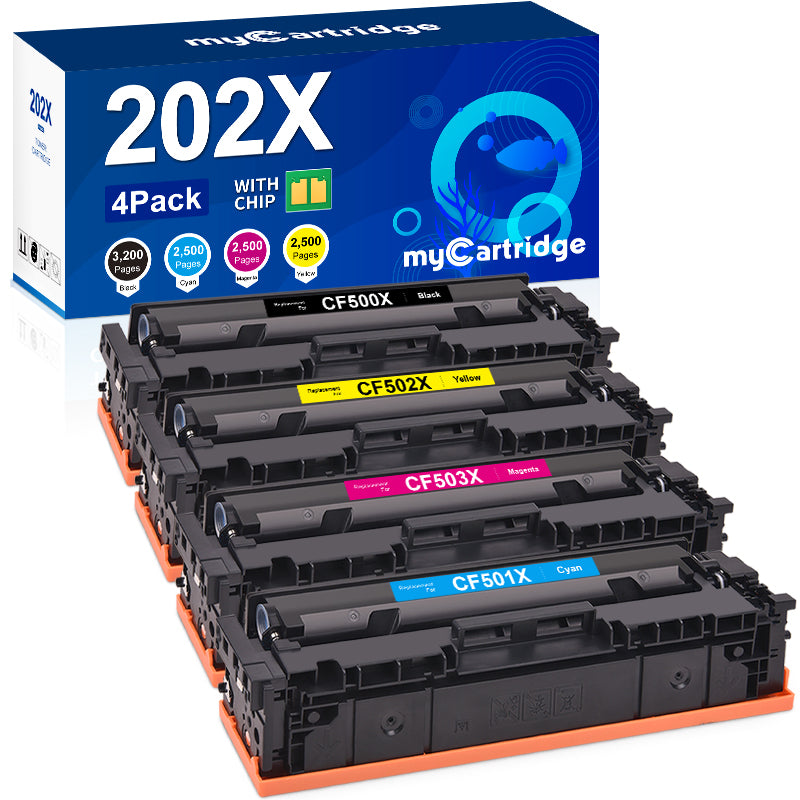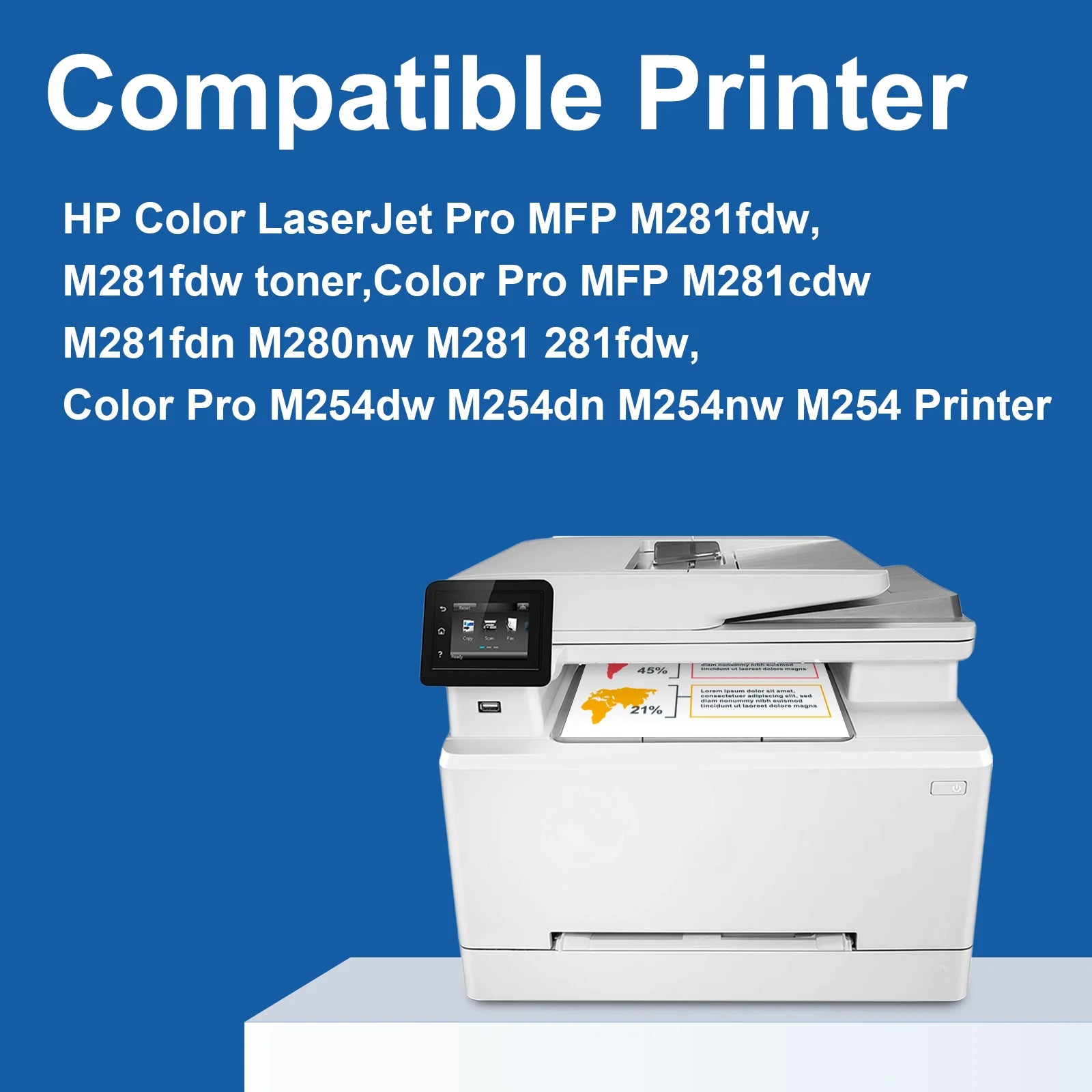Ink vs Toner: What’s the Real Difference and Which Printer Is Right for You?
Whether you're printing at home or in the office, understanding the difference between ink and toner is essential to choosing the right printer. Both serve the same purpose—producing crisp text and vivid images—but the way they work and the type of printers they power are fundamentally different.
What Is Ink?
Printer ink is a liquid solution composed of dyes or pigments designed to create colorful, detailed prints. It’s primarily used in inkjet printers, which spray tiny droplets of ink onto paper through microscopic nozzles.
Ink formulations usually contain colorants like carbon black pigment, solvents, binders, and other additives that control drying time, flow, and durability. Some inks also include opacifiers for better coverage or extenders to adjust color intensity.
How Ink Works
During printing, inkjet printers propel micro-droplets of ink directly onto paper. This process delivers smooth color gradients and photo-quality results, making inkjet printers ideal for image-heavy or small-scale printing tasks.
Pros of Printer Ink
- Affordable upfront cost: Inkjet printers are typically cheaper to purchase.
- Excellent color quality: Ideal for photos and full-color graphics.
- Compact and convenient: Inkjet printers are smaller, lighter, and easy to maintain.
- Quick-drying ink: Produces smudge-resistant, clean prints.
Cons of Printer Ink
- Dries out when unused: Ink cartridges can dry up if the printer isn’t used regularly.
- Lower page yield: Ink cartridges generally print fewer pages than toner.
- Potential clogging: Print heads can get blocked, reducing output efficiency.
What Is Toner?
Printer toner is a fine powder used in laser printers. It’s made primarily from polyester or other polymers, along with pigments and minerals. Unlike ink, toner is a dry substance that fuses to the paper with heat during the laser printing process.
How Toner Works
Laser printers use an electrostatic charge to transfer toner onto paper. The toner is then fused with heat, resulting in sharp, durable text and images—perfect for professional documents and high-volume printing.
Pros of Printer Toner
- Fast printing speed: Laser printers are much faster than inkjet printers.
- Sharp and consistent output: Ideal for business documents and reports.
- No drying issues: Toner doesn’t dry out, even with infrequent use.
- High page yield: Prints thousands of pages per cartridge, reducing replacement frequency.
Cons of Printer Toner
- Higher upfront cost: Laser printers and toner cartridges are more expensive initially.
- Bulkier size: Laser printers are often larger and take up more space.
- Color printing cost: Color laser printers can be costly to maintain.
Ink vs Toner: Which Should You Choose?
Choosing between ink and toner depends on your printing needs. Here are some factors to consider:
- Budget: Inkjet printers cost less initially, but toner offers better long-term value.
- Volume: Toner suits high-volume printing, while ink is best for occasional use.
- Print Quality: Ink is great for color images; toner excels in text precision.
- Speed: Toner-based printers are faster and more efficient.
- Maintenance: Ink needs more upkeep; toner requires less frequent replacements.
Final Thoughts
Ultimately, the choice between ink and toner comes down to your specific printing habits and goals. If you prioritize vibrant, photo-quality results, an inkjet printer is your best bet. For efficiency, durability, and volume printing, a laser printer using toner is the smarter choice.
At MyCartridge, we provide reliable, high-yield compatible ink and toner cartridges designed to reduce your printing costs without compromising quality. Explore our Ink Cartridge and Toner Cartridge selections today.
Disclaimer: This article is for informational purposes only and is not affiliated with HP, Canon, Brother, or any OEM brands mentioned.
